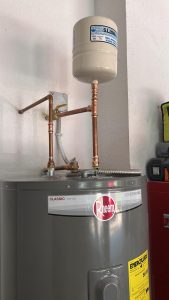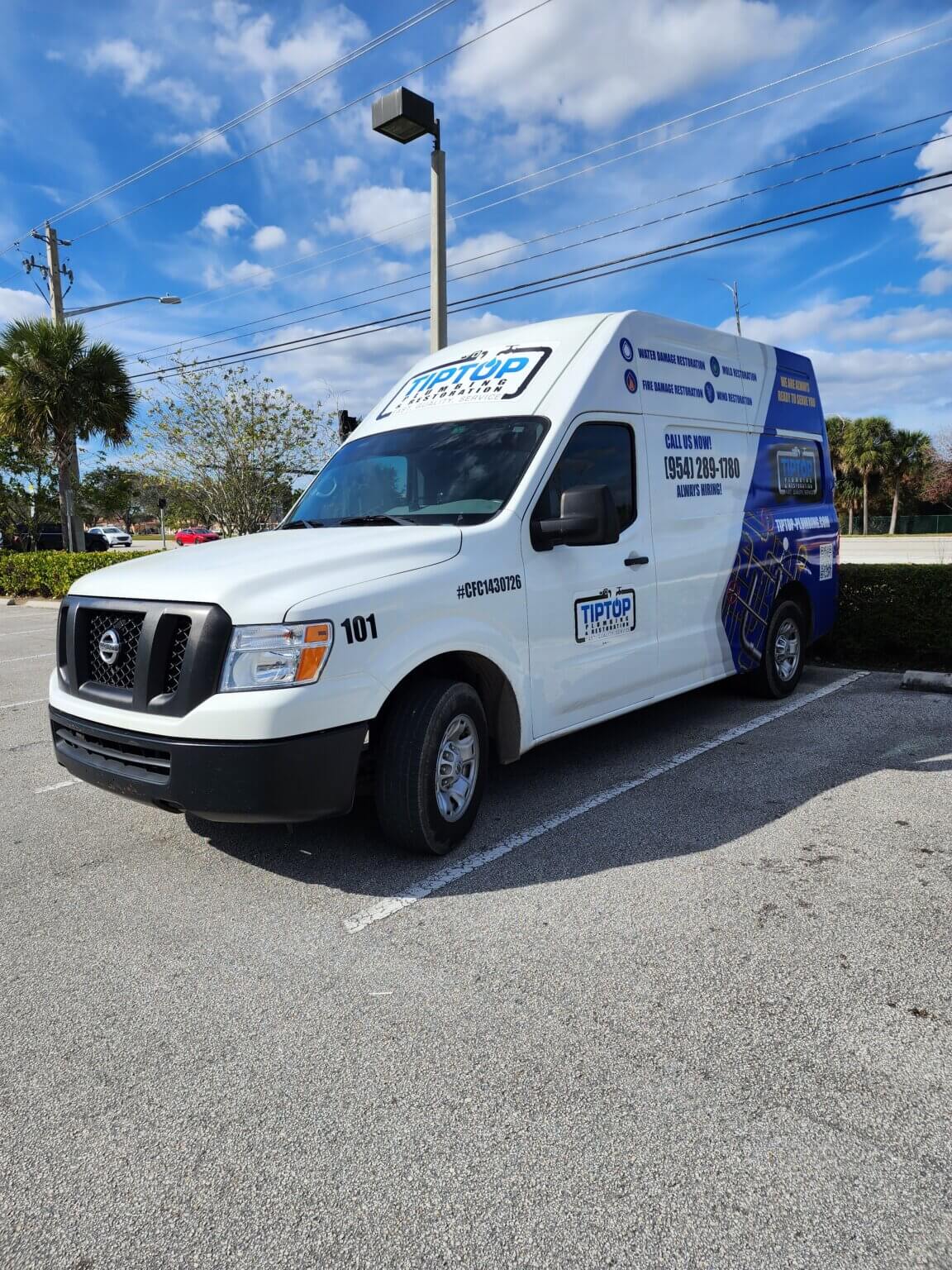
Troubleshooting Noisy Faucets: Solutions from Pembroke Pines' Leading Plumbers

Introduction
When you Energy-saving water heater maintenance techniques turn on the faucet in your home, the last thing you expect is a cacophony of gurgles, hisses, or high-pitched whines. Yet, for many homeowners in Pembroke Pines, this frustrating scenario is all too common. Troubleshooting noisy faucets doesn’t just involve silencing the annoyance; it’s about understanding the underlying issues that could indicate bigger plumbing problems. This article dives deep into the various reasons faucets become noisy and how Tip Top Plumbing & Restoration in Pembroke Pines can help resolve these concerns effectively and efficiently.

Understanding Faucet Noise: What’s Happening?
Why Do Faucets Make Noise?
Noisy faucets can be symptomatic of underlying plumbing issues. But what exactly causes these sounds? Here are some common culprits:
Common Types of Faucet Noises
Understanding the type of noise your faucet makes can provide insights into what might be wrong:
- Whistling Sounds: Often caused by high water pressure or a partially closed valve.
- Hissing Noises: Usually indicate air entering the system or worn-out washers.
- Banging Sounds (Water Hammer): Occurs when water stops suddenly, creating shock waves that rattle pipes.
Diagnosing Noisy Faucets
Tools You’ll Need
Before diving into troubleshooting, gather these essential tools:
- Wrench
- Screwdriver
- Plumber's tape
- Bucket
- Towels
Step-by-Step Diagnostic Process
- Use a water pressure gauge to determine if your home's pressure exceeds 60 psi, which may indicate a need for regulation.
- Inspect exposed pipes for signs of air leaks. If found, consider applying plumber's tape to seal connections.
- Disassemble the faucet using a wrench and screwdriver to check for worn parts and mineral buildup.
- Turn off your main supply and open all faucets to flush out any trapped air or debris.
Troubleshooting Noisy Faucets: Solutions from Pembroke Pines' Leading Plumbers
Step 1: Adjusting Water Pressure
Comprehensive water heater diagnostics and repair servicesIf high water pressure is causing noise, follow these steps:
Step 2: Fixing Loose Parts
A loose washer can lead to annoying sounds:
Step 3: Addressing Air Traps
To eliminate air pockets:
Professional Help from Tip Top Plumbing & Restoration
For persistent issues or if you're uncomfortable performing DIY fixes, it’s best to call professionals like those at Tip Top Plumbing Affordable faucet replacement and upgrades & Restoration in Pembroke Pines.
Why Choose Professionals?
Here are some compelling reasons:
- Expertise with complex plumbing systems ensures comprehensive diagnosis and repair.
- Access to specialized tools and parts not typically available to homeowners.
- Long-term solutions that prevent recurring issues.
FAQs Related to Noisy Faucets
FAQ 1: What should I do if my faucet is making a banging noise?
Answer: This "water hammer" effect usually requires installation of shock absorbers on your piping system or adjusting water pressure settings.
FAQ 2: Can high water pressure damage my faucets?
Answer: Yes! Consistently high water pressure can wear down fixtures quickly, leading to leaks and costly repairs.
FAQ 3: How often should I replace my faucet components?
Answer: It's advisable to inspect and potentially replace washers every few years or at signs of wear such as dripping or noise during operation.
FAQ 4: Is hard water causing my faucet noises?
Answer: Yes! Mineral buildup from hard water can affect performance and create unusual sounds; consider installing a water softener if hard water is an issue.
FAQ 5: Where can I find reliable plumber services near me?
Answer: Searching “plumber Pembroke Pines” online will yield several qualified options such as Tip Top Plumbing & Restoration with excellent local reviews!
FAQ 6: Should I try fixing noisy faucets myself?
Answer: If you're comfortable with basic tools and plumbing knowledge, small fixes are manageable; otherwise, consider hiring professionals for complex issues.
Conclusion
Dealing with noisy faucets may seem daunting but understanding their causes empowers homeowners to take effective action—whether through DIY repairs or enlisting professional help from trusted local plumbers like Tip Top Plumbing & Restoration in Pembroke Pines. With proper diagnosis and timely interventions, you can restore peace back into your home’s plumbing system while ensuring its longevity for years ahead!
This comprehensive guide aims not only at addressing immediate concerns regarding noisy faucets but also educates homeowners on preventive measures against future plumbing woes—transforming frustration into knowledge!
